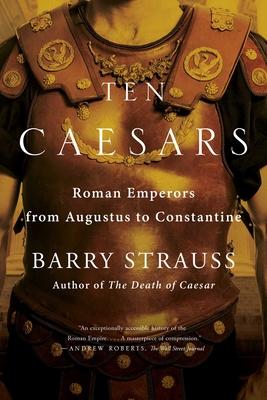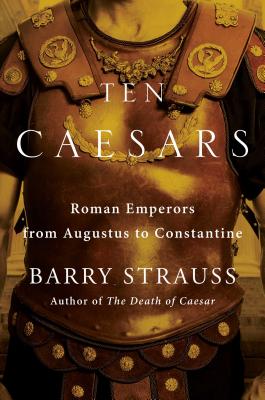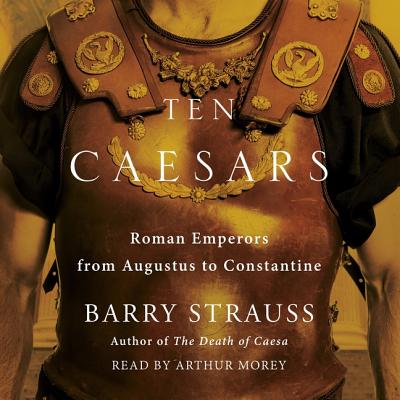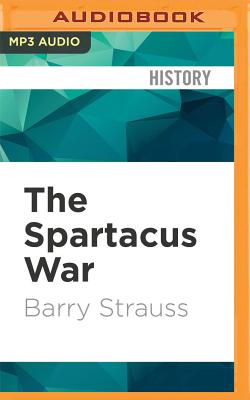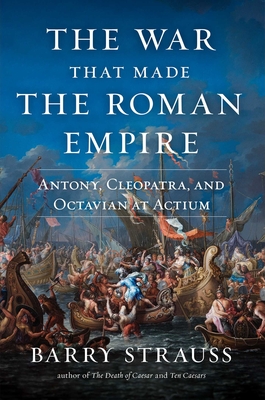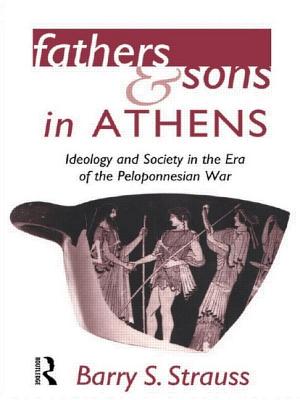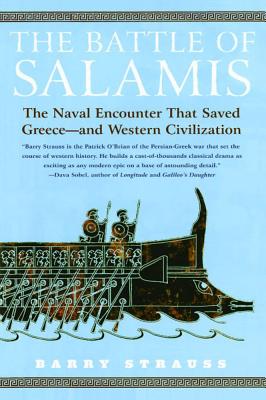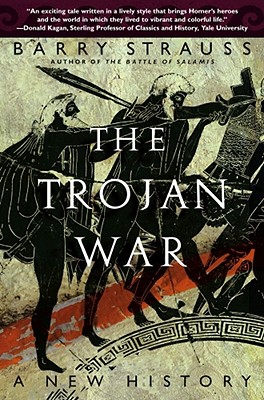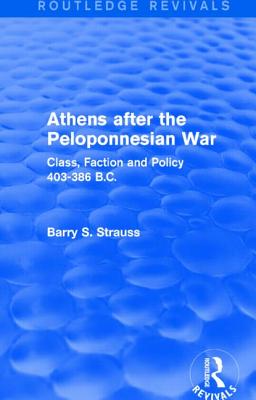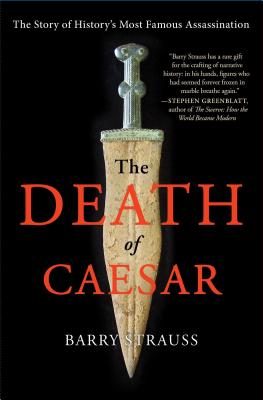
The Death of Caesar:The Story of History's Most Famous Assassination
Interview with Barry Strauss
August 4, 2016Sign Up to listen to full interview.
About Barry Strauss
Barry Strauss is Professor of History and Classics, Bryce and Edith M. Bowmar Professor in Humanistic Studies at Cornell University, and a military and naval historian and consultant. As the Series Editor of the Princeton History of the Ancient World and author of seven books on ancient history, Professor Strauss is a recognized authority on the subject of leadership and the lessons that can be learned from the experiences of the greatest political and military leaders of the ancient world (Caesar, Hannibal, Alexander among many others). These lessons apply to the corporate leaders of today who are faced with complex issues that are both challenging and often defy easy solutions.
Professor Strauss has spent years of researching and studying the leaders of the ancient world and has written and spoken widely of their mistakes and successes. He is also a widely acclaimed military and naval historian whose analyses of the strategies and campaigns of some of history’s great commanders reveal the successful rules of engagement that were true on the battlefield and resonate in today’s boardrooms and executive suites.
He is a former director of Cornell’s Judith Reppy Institute for Peace and Conflict Studies, where he studied modern engagements from Bosnia to Iraq and from Afghanistan to the streets of Europe. Professor Strauss is an expert on geopolitics including the Middle East, terrorism, Europe, the Mediterranean and US alliances. He is currently director as well as a founder of Cornell’s Program on Freedom and Free Societies, which investigates challenges to constitutional liberty at home and abroad. He holds fellowships from the American Academy at Rome, the American School of Classical Studies at Athens, the German Academic Exchange Program, the Korea Foundation, the MacDowell Colony and the National Endowment for the Humanities, among others, and is the recipient of Cornell’s Clark Award for Excellence in Teaching.
He is the author of seven books on ancient history, including “The Death of Caesar” (now available in paperback) “The Battle of Salamis”, named one of the Best Books of 2004 by the Washington Post, and “The Trojan War: A New History” (2006). Writing in the Washington Post, Tom Holland hailed his “The Spartacus War” (2009) for having “all the excitement of a thriller.” Books & Culture named it one of its favorite books of 2009. His books have been translated into ten foreign languages, from French to Korean. Professor Strauss holds a B.A. from Cornell University and a M.A. and Ph.D. from Yale University.
Interview Summary
Despised and hailed, Julius Caesar emerges as a central figure of antiquity, attracting the interest of notable authors and numerous researchers.Yet, although there might be at least as many publications on Caesar’s violent death as on his lifetime achievements, the famous assassination is still shrouded in misconception and controversy.
In his latest book The Death of Caesar, Barry Strauss, a professor of history and classics at Cornell, approaches various sources from the point of view of a military historian, focusing in great detail on the strategic moves and key moments that surrounded one of history’s pivotal acts – the brutal stabbing of Julius Caesar by a band of conspiring senators on the Ides of March.
Key Topics
- What are the most reliable written accounts and factual sources of what happened on the Ides of March?
- What were the reasons behind the conspiracy against Caesar?
- What was the complexity of Roman politics?
- How did a group of 60 Senators manage to keep the planned murder in secrecy?
- What was the strategy of the plot against Caesar and was he informed about it?
- Who was Brutus in reality?
- What are the myths that surround what happened on the day of Caesar’s death?
- What is the historical evidence of Caesar’s final words?
- Were there any portents and omens about the killing?
- Did Cicero and Mark Anthony know about the plot?
- What was the aftermath of Caesar’s death?

